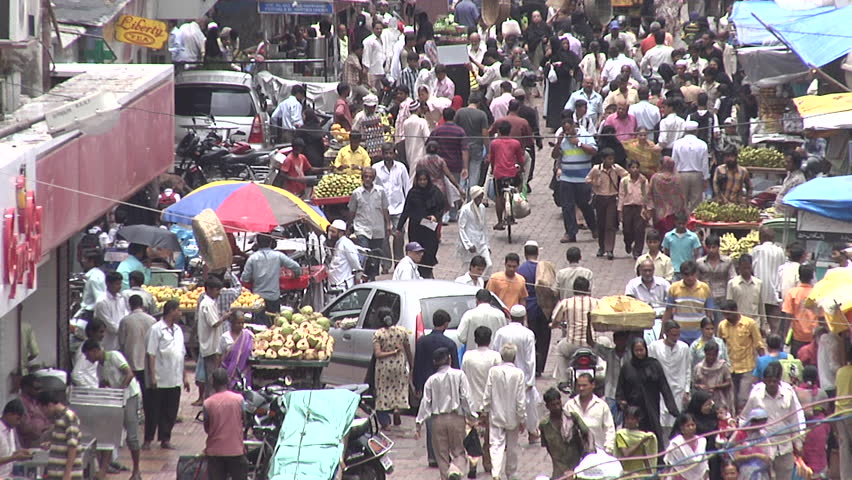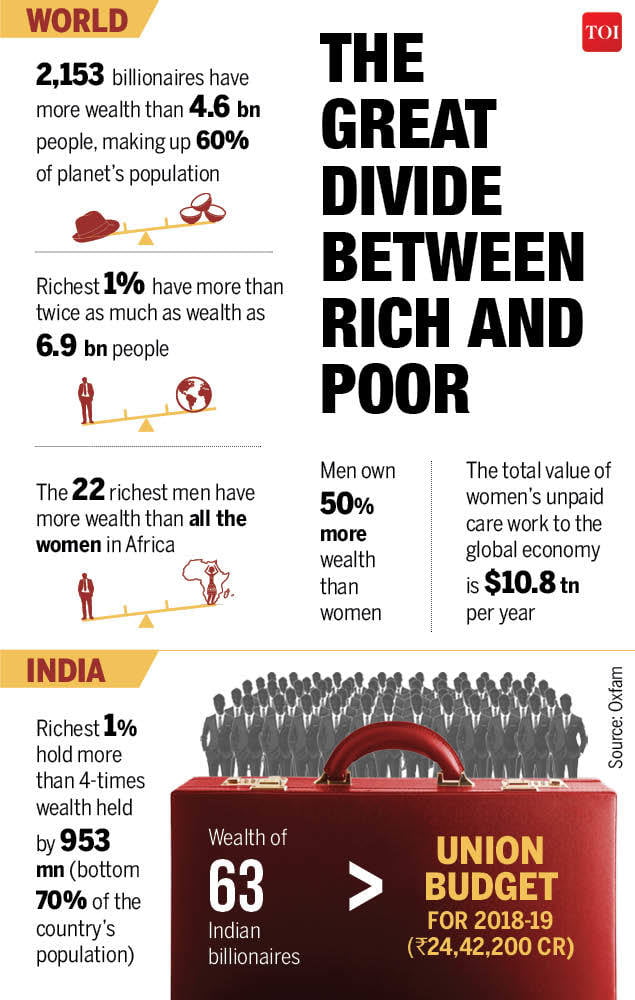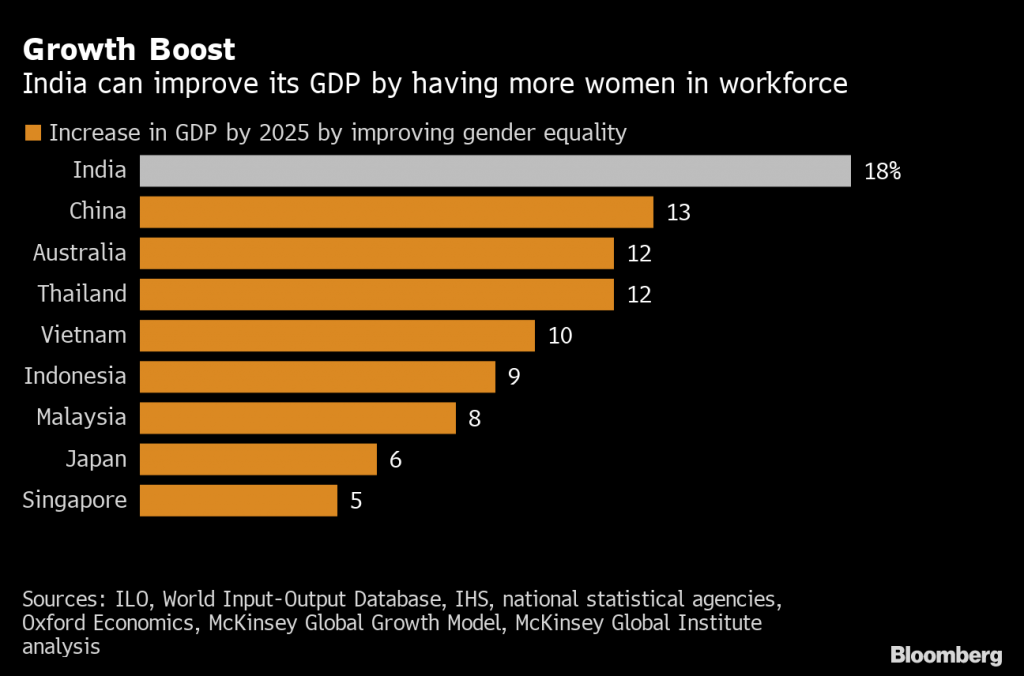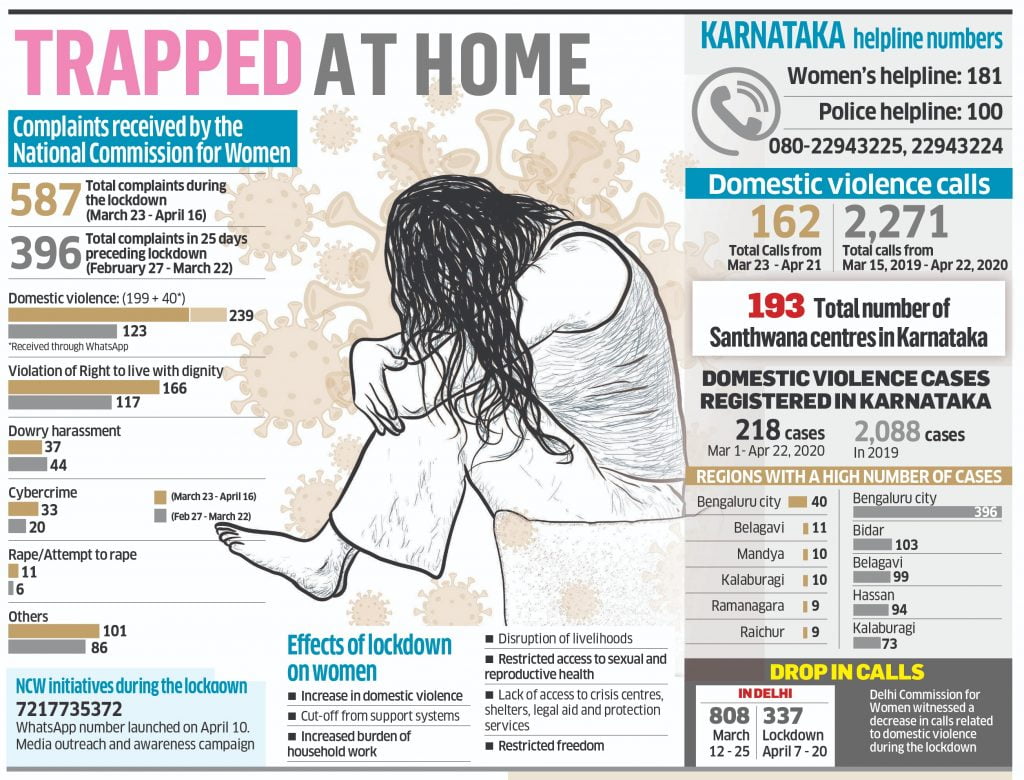Edlyn Cardoza | 25 January, 2021 | Mumbai
The Pandemic and the spread of Coronavirus continues to have its effects on people and the various sectors of services. ‘The Inequality Virus’ – a report of the Oxfam has discovered that the pandemic forced millions of Indians to be jobless, stalled the growth of the economy, while the rich personalities received a hike of 35 percent in their wealth.

The report clearly shows that Covid-19 deepened the claws of the already existing inequalities in India, as well as globally.
The report states that the wealth of Indian billionaires has raised to about 35 percent during the lockdown and since 2009 increased by 90 percent to $422.9 billion, having India at the sixth spot worldwide, after the United States, China, Germany, Russia, and France.

Since March, the government had announced a strict lockdown protocol, making it the strictest lockdown in the world, and having India’s top 100 billionaires increase their fortunes by Rs.12.97 trillion – creating a possibility to give 138 million poor Indians a cheque of Rs.94,045 each, according to Oxfam’s calculations. Contrary to the rich getting richer, 1,70,000 individuals lost their jobs, at every hour in the entire month of April 2020, the report further states.
According to Oxfam, the increase of the high-profile 11 Indian billionaires’ wealth just during the pandemic could encourage and sustain the National Rural Employment Guarantee Act (NREGA, 2005) or the health ministry for the next 10 years.
The Oxfam report further states how Covid-19 has the power and potential to increase the economic divide, not just in India but in every country. The first time this has occurred since records started longer than a century back.
Oxfam gets into the details on Covid-19’s pandemic provoked inequalities through all streams, and sectors.
Informal Sector
According to The Indian Express, the worst hit was the informal sector where India has the largest informal workforce, and had 75 percent of the 122 million jobs lost. The informal sector workers didn’t have options or opportunities as the formal sector did of Work from Home, and had to suffer the loss of jobs, in comparison to the formal sector. The report notes that the seasonal migrant workers of 40-50 million who work in factories, construction sites, etc were distressed, and opted to leave for their hometowns, shaking the economy’s foundation.

Health and Education
The pandemic didn’t spare inequality to the primary sectors of health and education.
Since the academic year began in June-July 2020, the chalk and board education shifted to online education, where India saw a massive digital divide, only worsening inequality.
Private providers like Unacdemy, currently valued at $1.45 billion, and BYJU’S, currently valued at $10.8 billion, on one hand received outstanding development, and growth, while on the other hand out of the poorest of the 20 percent Indian households, only 3 percent were capable to have access to a digital equipment, and only 9 percent had access to the internet.
Many students especially in rural India had to leave their education and start working in fields to support their family, or missed lectures, and caught up with notes from friends. Education was lost to many individuals.

When it comes to the healthcare sector, Oxfam established that India reports case data without segregation by social categories, or socio-economic class, and hence it was difficult to measure the spread of the virus in various communities. But India today ranks second with the largest cumulative number in the Covid-19 positive cases, and looking globally, the higher rates of Covid-19 is seen in the communities of the poor, vulnerable, and the marginalised.
The report mentions that it was easy and quite accessible for the virus to spread among the communities of the poor, as they live in small, confined spaces, where sanitation is nearly non-existent, and sharing common hygienic-oriented facilities, makes the situation even more dire.
Keeping this in mind, the report found that out of the 20 percent of the poorest households, only 6 percent had access to non-shared sources of improved sanitation, in comparison to the 93 percent of the 20 percent Indian households.
Looking from the caste perspective, out of the 65.7 percent general population, only 37.2 percent of the Scheduled Caste (SC) households, and about 25.9 percent of the Scheduled Tribe (ST) households had access to non-shared sanitation resources.

Gender Inequality
*Trigger Warning – Domestic Violence; Abortion*
After all these sectors being affected, gender wasn’t far from the sight of inequality, especially more so during the pandemic.
As unemployment hit large numbers, the women unemployment rate rose from 15 percent to 18 percent during the Covid-19 pandemic. The report stated that the increase in women unemployment resulted in a loss to India’s GDP of at least 8 percent or in monetary terms $218 billion. According to another survey by the Institute of Social Studies Trust, 83% of the women who were employed or held on to their jobs, received half salaries.

Women were also subject to domestic violence during the pandemic, and according to reports of 30 November, 2020, cases of domestic violence since the past 12 months rose by 60 percent.

Apart from job losses, and half-pay, poor women also had to undergo and suffer healthwise due to the interference in the Anganwadi centers, and regular health services. The reports, according to The Indian Express also predicted that the unavailability of the knowledge of family planning service resulted in 2.95 million unplanned pregnancies, out of which 1.80 million abortions including the 1.04 million unsafe abortions, and 2,165 maternal deaths.
The CEO of Oxfam India – Amitabh Behar said, that the spread of Coronavirus was initially touted as an equality scale, but as soon as the lockdown was imposed in the country, as well as globally, the stark inequalities were laid implicitly in society.
Oxfam India’s findings are a part of the Oxfam International report which was released on the opening day of ‘Davos Dialogues’ of the World Economic Forum.
The Executive Director of Oxfam International – Gabriela Bucher also said that the great divide between the poor and the rich has been proving to be as deadly as the virus.
After all the findings, and reports, Oxfam has been urging the policymakers to tax the rich corporates, and wealthy individuals and utilize that money for social protection to support everyone from their birth till death, and invest in free quality public services.
The Vice-Chancellor of Bengaluru’s Dr B R Ambedkar School of Economics – N R Bhanumurthy, said that this year is not the year to prioritise inequality.
Although, the Union Budget is nearing, and not everyone is persuaded about these strategy policies.
Reference:
https://indianexpress.com/article/india/covid-deepened-inequalities-wealth-education-gender-7160341/
Image Sources:
- Shutterstock
- Times of India
- Al Jazeera
- Business Today
- Deccan Herald
- Bloomberg Quint
- 16 Days Blogathon
- INSEAD Knowledge



















































































